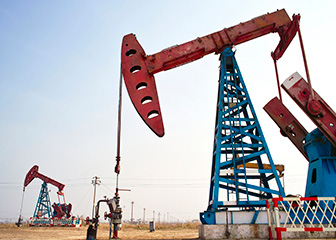Summary

| Quick Facts: Geological and Petroleum Technicians | |
|---|---|
|
$54,020 per year
$25.97 per hour |
|
| Associate’s degree | |
| None | |
| Moderate-term on-the-job training | |
| 14,400 | |
| 15% (About as fast as average) | |
| 2,100 | |
What Geological and Petroleum Technicians Do
Geological and petroleum technicians provide support to scientists and engineers in exploring and extracting natural resources, such as minerals, oil, and natural gas.
Work Environment
Geological and petroleum technicians work in offices, laboratories, and the field. Most geological and petroleum technicians work full time.
How to Become a Geological or Petroleum Technician
Most employers prefer applicants who have at least an associate’s degree or 2 years of postsecondary training in applied science or a science-related technology. Geological and petroleum technicians also receive on-the-job training.
Pay
The median annual wage of geological and petroleum technicians was $54,020 in May 2010.
Job Outlook
Employment of geological and petroleum technicians is expected to increase by 15 percent from 2010 to 2020, about as fast as the average for all occupations. High prices and growing demand for natural resources, especially oil and natural gas, are expected to increase demand for geological exploration and extraction in the future.
Similar Occupations
Compare the job duties, education, job growth, and pay of geological and petroleum technicians with similar occupations.
O*NET
O*NET provides comprehensive information on key characteristics of workers and occupations.
Contacts for More Information
Learn more about geological and petroleum technicians by contacting these additional resources.









